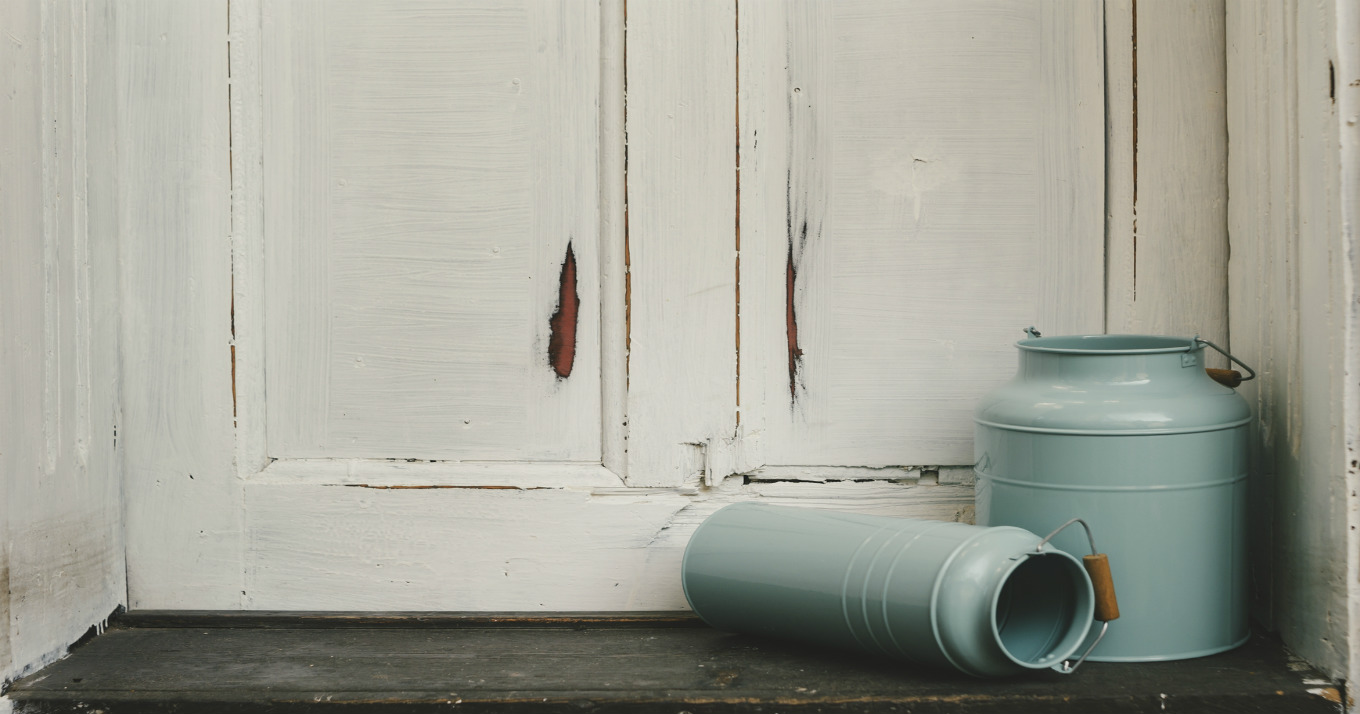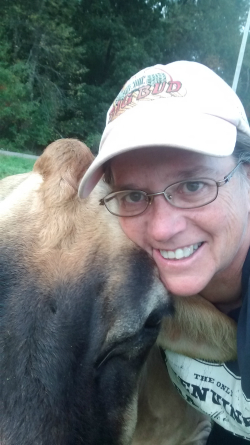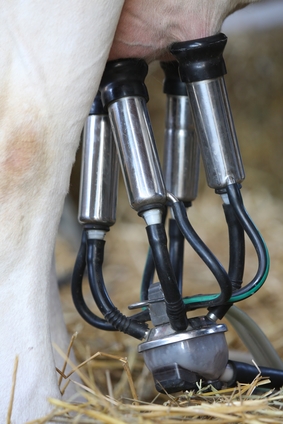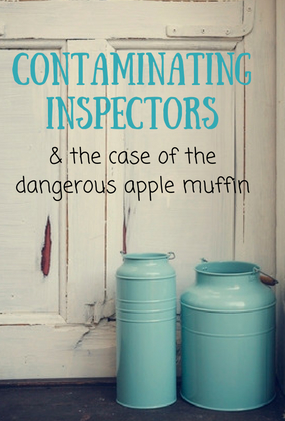 Food laws and investigations into food-borne illnesses protect us, just like building codes keep us from the devastation other nations experience in hurricanes and earthquakes. We are thankful we live in a nation with standards.
Food laws and investigations into food-borne illnesses protect us, just like building codes keep us from the devastation other nations experience in hurricanes and earthquakes. We are thankful we live in a nation with standards.
But sometimes, the laws, policies, and regulations can be poorly applied. A health inspector’s badge does not guarantee proper scientific procedures or safety precautions.
Meet Kris Unger: A Michigan Cow-Share Farmer
 Always a grass-fed dairy, Kris produced milk under contract with “The Association” and was not permitted to sell or distribute her milk in any way unless through them (per the terms of the contract). It was pasteurized along with that of other dairy farms. Growing weary of this, she converted her farm into a cow-share in 2007.
Always a grass-fed dairy, Kris produced milk under contract with “The Association” and was not permitted to sell or distribute her milk in any way unless through them (per the terms of the contract). It was pasteurized along with that of other dairy farms. Growing weary of this, she converted her farm into a cow-share in 2007.
Kris serves 297 families by farming through the legal and sanitary regulations for cow-shares permitted in Michigan. In fact, she still uses all of the commercial equipment that she had from her pasteurized days. “The only difference in my process is that instead of using a chemical solution to clean the teats, I now use essential oils, cutting down the mastitis to nearly 0%–it used to be a real problem with the chemicals,” she says.
The Investigation
A couple of boys and a dad go to a Detroit Tigers game after eating homemade tacos. They get sick. The dad has diarrhea, the son is sick for about two days, and the visiting friend is hospitalized twice (once for food poisoning and once for receiving a bad IV during the first hospitalization). Mom—who didn’t go to the game—did not get sick. Oh, and they all ate food at the game!
The visiting friend is not believed to have had raw milk at their home but when the inspectors called and asked if the family drinks raw milk, they answered honestly.
Although no one else drinking the milk got sick, the inspectors showed up at Kris’ door wanting her contact lists for the cow-share.
They didn’t produce a warrant; she shut the door.
They came back with one and this is what happened.
They took pictures of everything (inside of drawers, bookshelves, etc).
Photos aren’t used in a laboratory setting to determine E.coli nor are bookshelves among the common carriers of it.
One inspector asked to see the cows in the pasture. From 20 feet away from one he stated, “They look okay to me.” He never took a manure sample.
No testing of E.coli can occur without a manure sample. “Looking okay” has nothing to do with E.coli or any other food-borne illness.

When inspecting the milk, someone opened the lid to the climate-controlled, stainless steel holding tank and tried to reach inside to take the milk temperature.
This inspector did not wear gloves, a hairnet, or any other protective clothing. The inspector couldn’t reach so he leaned so far into the tank that his armpits balanced on the lip of the holding tank. He said that he had to have physical contact with the milk to take the temperature of it.
Although milk temperature is important for freshness, E.coli is not determined by temperature. E.coli has to be tested in a laboratory, and this inspector contaminated the milk in the process. His own personal cleanliness practices can spread E.coli (such as not washing hands after using the restroom, etc).
An inspector checked all of the stainless steel equipment and tubing. He left the valves open.
These valves are close to the floor and are located in a barn, which does contain potential feces contamination. The valves are to remain closed at all times when not in use and are a safety feature to prevent contamination.
The inspectors confiscated eggs and poultry that was being stored in the farmer’s freezers but not produced, butchered, or owned by her. The inspectors confiscated $360 of honey that was not for sale.
E.coli has never been transmitted through honey. The honey, the eggs, and the poultry was also private property of a third party and not connected to the cow-share in any way.
The inspectors disposed of baked goods (apple muffins and oatmeal cookies) that were baked by some cow-share owners to share with the other cow-share owners.
The farmer asked, “If one of my owners had a baby, and everyone wanted to bless them with a meal couldn’t they do that here?” She was told that was illegal. She was “warehousing” those apple muffins.
Again, they were wholly unconnected to the investigation of the illness. The legality of investigator’s interest in this food was based solely upon a line in the warrant permitting them to examine other food on the premises. It was a legal determination but not a logical or scientific one.
These and the other products–honey, meat, etc., were not connected to the farm or farmer by way of production or sales. It was just another way their cow-share community was able to buy local food.
Where This Leaves the Farm
Kris is still operating her legal cow-share operation and no illness has been attributed to it. She faces court costs and is being sued by the State of Michigan for—get this—the disposal fees of all of the food these inspectors confiscated that were in no way connected to the illnesses.
She is being represented by the superheroes at Farm to Consumer Legal Defense Fund. Let’s help hold these non-elected officials and these poor purveyors of the Scientific Method accountable!
Curious what happens next for Kris? Read more about her story here.

 |
















Leave a Reply